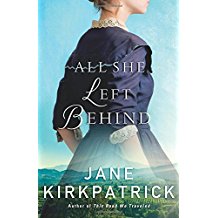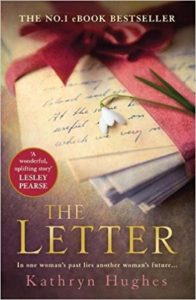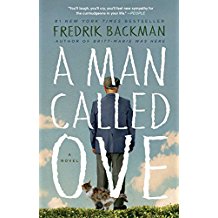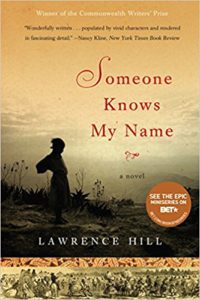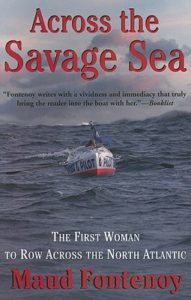
Alan Brennert has woven a fascinating historical novel, Moloka’i, a story about the dreaded disease, leprosy, and its affect on the Hawaiian people in the late 19th century.
On the Island of Oahu, Hawaii, Rachel Kalama, at 7 the youngest of four children, is diagnosed with leprosy. In the late 1800’s leprosy became a common and terrifying disease among the Hawaiian people. Once authorities learn of Rachel’s condition, she is sent to a hospital for diagnosis and treatment, then eventually sent to the leper colony on Kalaupapa Peninsula on the island of Molokai, Hawaii. For many, leprosy becomes a family tragedy of shame and of being shunned, often involving having to move to an area where the family’s circumstances are unknown. On some occasions a family member might accompany the diseased member, but Rachel’s mother is needed to care for the other children on Oaho and her father obliged to support them. Rachel’s uncle is also a resident of Kalaupapa, but it is decided that Rachael should not live with him, but rather live in a girls’ dormitory, supervised by Catholic nuns.
Rachel, feeling angry and abandoned, fights her confinement. So far, the leprosy only affects patches of skin on her leg and foot, so she is fully functional, but other girls are in various stages of disfigurement. At first she refuses to participate in the activities provided: school, organized play times and programs, but she eventually makes friends with the other girls. Years pass as Rachel carves out a life for herself. The book covers a span of more than fifty years.
In the meantime, Hawaii becomes a United States possession—not necessarily with the consent or approval of the Hawaiian people—and becomes the Territory of Hawaii. Funds and expertise become more available for the people at Kalaupapa, including a new hospital. This is well after Father Damien’s time, but many of the older residents remember his fiery dedication to the people there. A cure is eventually found for leprosy, a sulfa drug that stops new growth of the bacillus. Most patients are ultimately free to leave Kalaupapa, if they choose, and in later years the Peninsula becomes a National Historic Park.
Moloka’i is a moving, well-written description of Hawaii and the terrible disease now known as Hanson’s Disease. I particularly loved this book as I lived and worked in the Territory of Hawaii before it became a state. I delighted in hearing again the local terminology (kapu—stay out!, wahini—girl, mahalo—thank you), and loved hearing the names of places once so dear to me. In more recent years my husband and I rode muleback down and up the 26-switchback steep trail to visit Kalaupapa. Our guide was a resident who choose to remain on Kalaupapa and with him we visited many of the buildings of the original colony. To this day, the only way to approach Kaluapapa Peninsula is by sea, air, or by riding or walking the steep trail.
I highly recommend this fascinating account of a disease that affected so many lives. To learn more about the author, visit http://www.alanbrennert.com/




